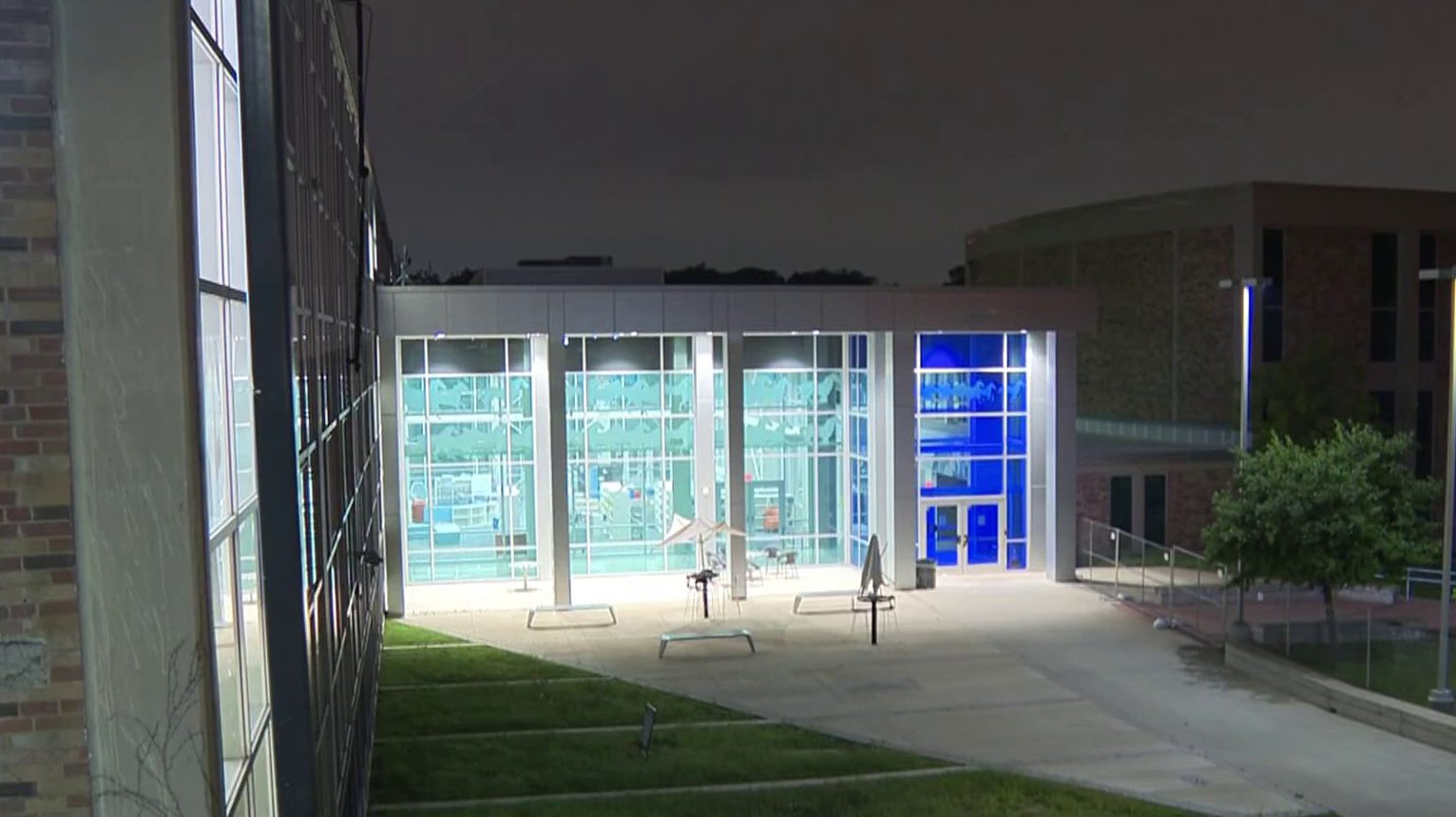Working from home is still a big part of our lives.
So what does the future of office space look like?
It's a question city officials in Dallas are asking as companies look at embracing work from home permanently or redesigning their offices altogether.
The pandemic has forced a lot of companies to reconsider coming back to the office. Some have already made that decision.
Get DFW local news, weather forecasts and entertainment stories to your inbox. Sign up for NBC DFW newsletters.
Aquent -- a national creative staffing agency -- is actually letting the lease on its North Dallas office phase out this October.
In fact, they're letting leases lapse for 35 offices across the entire country.
Before the pandemic, about 70% of their employees worked in an office with the rest having worked remotely. Now, they've turned into 100% remote work.
Local
The latest news from around North Texas.
“It’s a completely different type of in environment but I’m super proud of the employees, we’ve been able to adapt to the changes pretty quickly,” said Chelsey Hasha Hershey, a Texas regional director for Aquent.
The company is keeping 7% of their office space for any client meetings that need to happen in person.
But much of the money they were spending on rent, will now be reinvested back into the company to create morale-boosting and engagement programs for employees.
“We were spending money every month for office space that wasn’t being utilized. Really as an organization, we decided to take a look at our company and where we were spending our money and wanted to reinvest that within our company, which is something that Aquent as an organization stands for,” said Hasha Hershey.
Because everyone is working remotely, she said much of the conversations at work have been intentional and strictly business.
“It’s no longer a water cooler kind of conversation. We really are intentional about our outreach with our colleagues,” said Hasha Hershey. “But my job as a leader has been to focus more on empathy and making sure that we're there for our employees and that we are flexible in this time of change that we’re having now.”
To create that sense of office culture, the company has hired a head of culture and community, a newly created position.
“The role within that is to really implement a work from home policy and also create ways for us to engage with each other, anything from virtual book clubs to movie clubs. We’re doing an internal cookbook which is exciting. We even have a team that is hiking the Appalachian Trail together,” Hershey said. “It’s just a way that we’ve been able to really connect with each other. Prior to the pandemic, our jobs were siloed in terms of supporting the region that we're in. And now during the pandemic, we’ve had opportunities to collaborate with our colleagues around the globe.”
These types of ideas and conversations that are happening in the business world are something that Kourtny Garrett, president and CEO of Downtown Dallas Inc. is keeping track of. She’s getting a better understanding of how this could affect hubs like downtown Dallas.
“Certainly within those first couple of months we were very concerned about contraction,” she said.
But now, she's hearing of a need to come back to the office.
“I think in those first few months, we call it the honeymoon period -- where companies were thinking, 'We really can work from home,'" said Garrett. "Productivity was high. But as things have continued to drag on and drag on, we’re hearing more and more that productivity is slipping and the values of having that centralized management is still very, very real."
She said her sources are saying many companies are upgrading air filtration systems, expanding office space to spread out, redesigning their office space to accommodate social distancing, or condensing to a hybrid format.
“We’re seeing a trend of moving away from office space by title and more by what does each individual employee need. So, say you have an employee who can work from home part-time, then you have more shared and flex space," said Garrett. “It’s certainly not a one size fits all proposition and I think that is truly the thing, we’re going to see more flexibility moving forward."
Garrett said feedback from local companies shows that there is a great concern for productivity and social needs.
"The culture you can’t just build culture like this on Zoom like you can in person," she said.
Downtown Dallas Inc. predicts a slow and phased out return to work in the next year. The organization plans to host a forum next month with downtown property owners and businesses to learn more about what we can expect.



